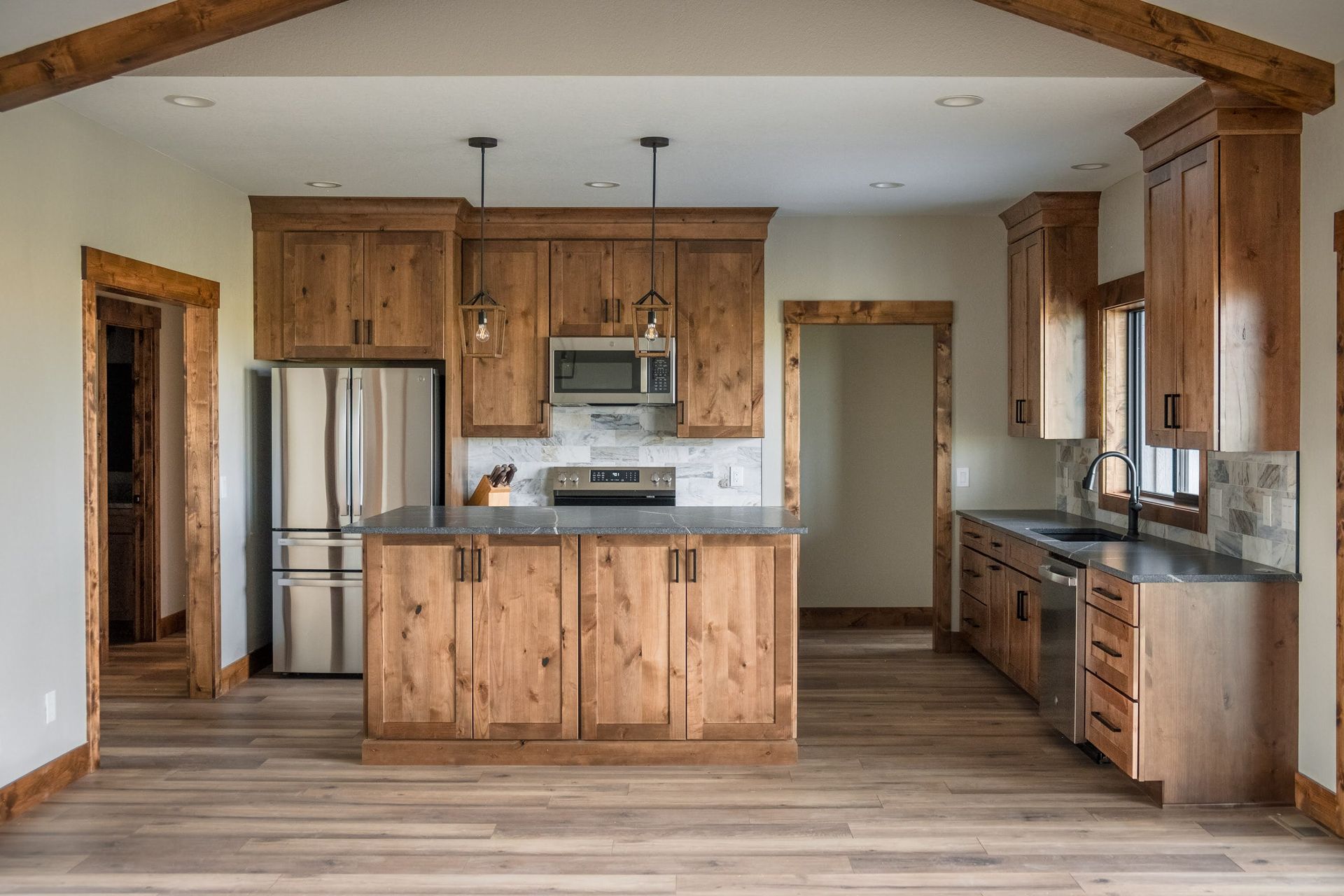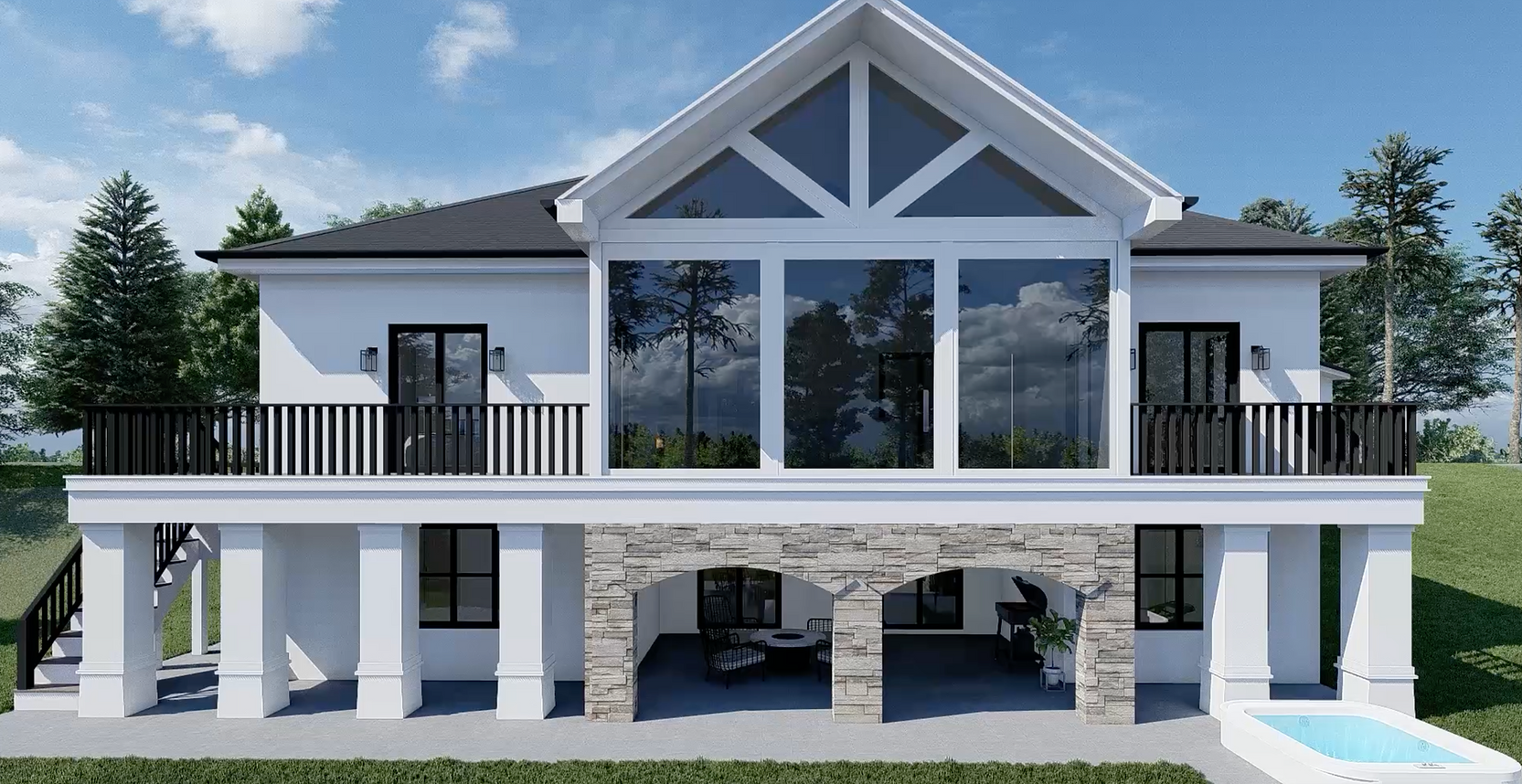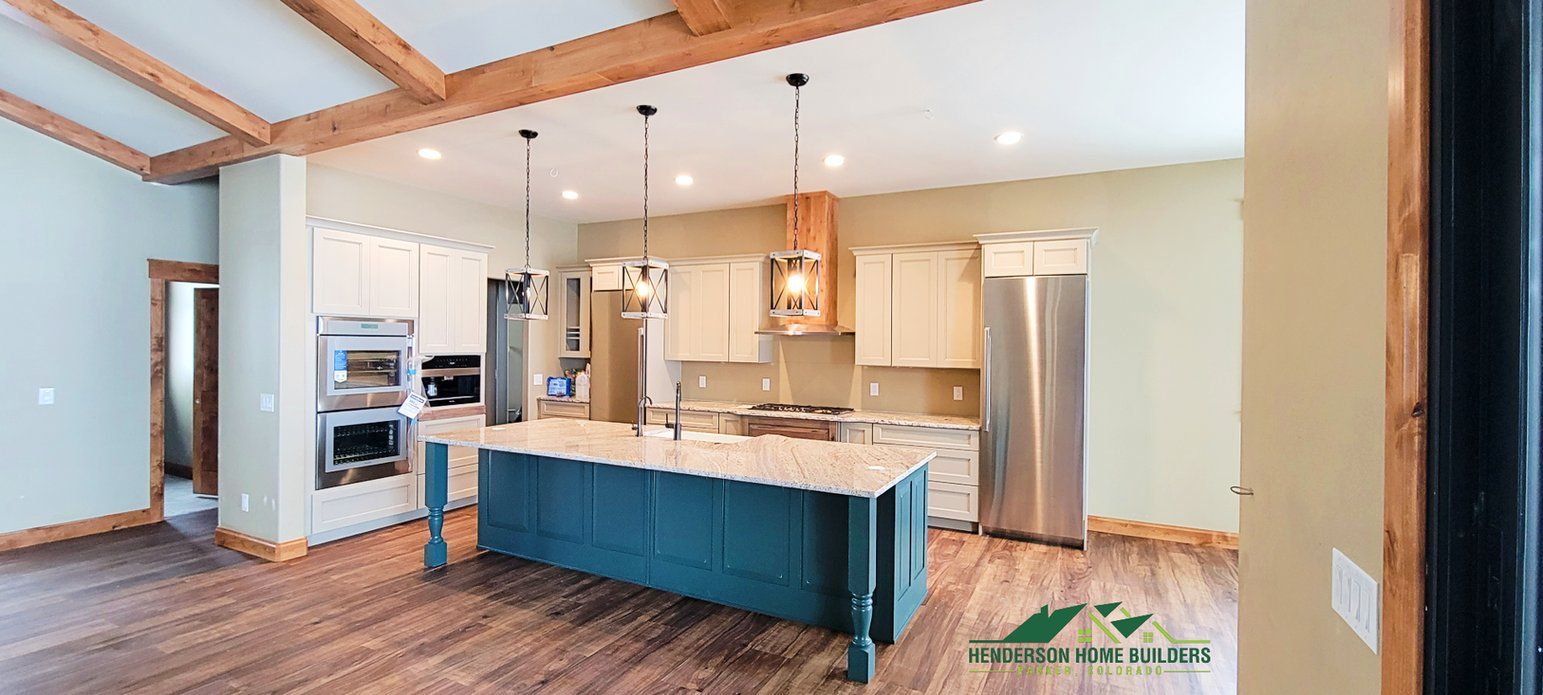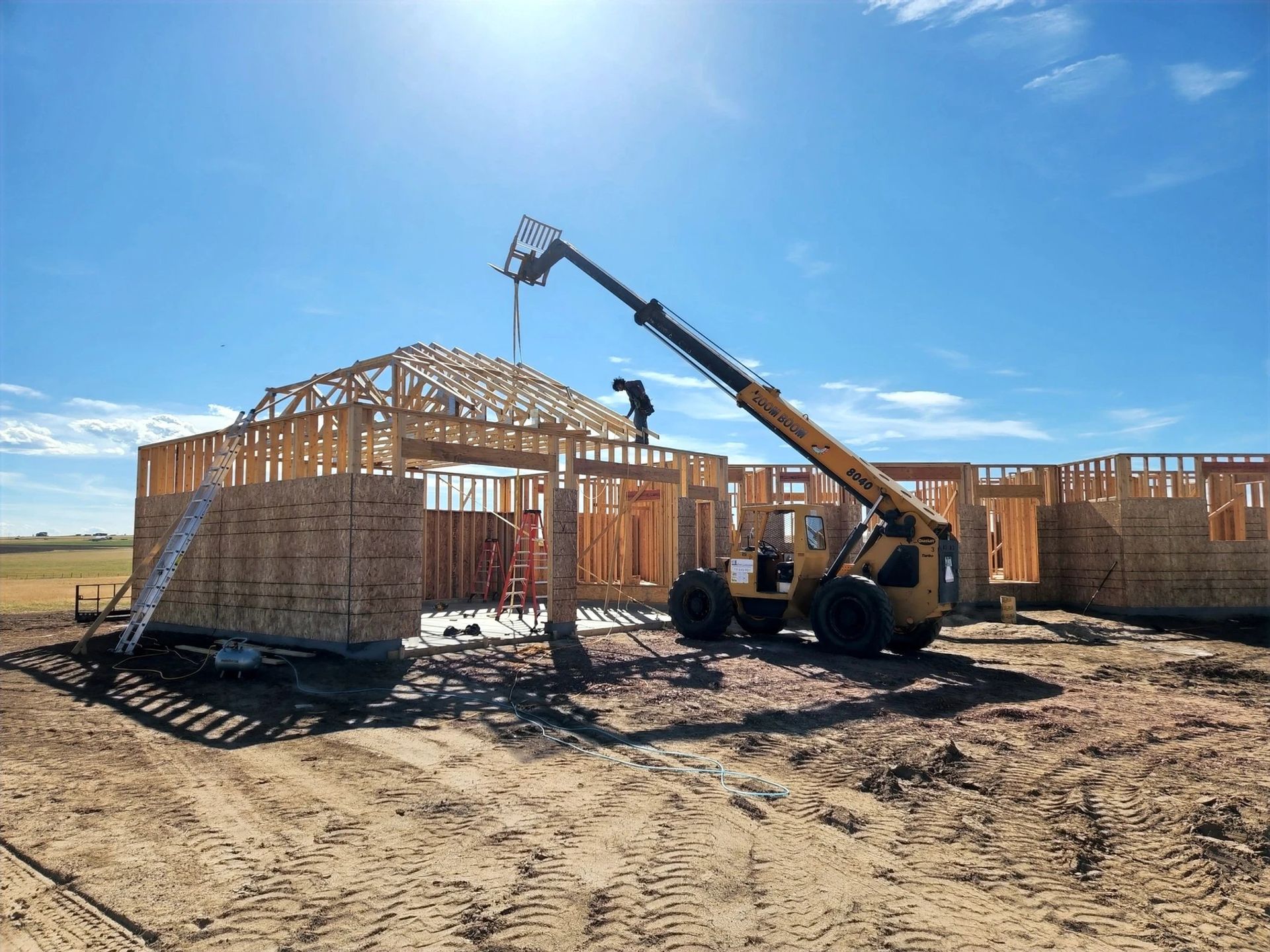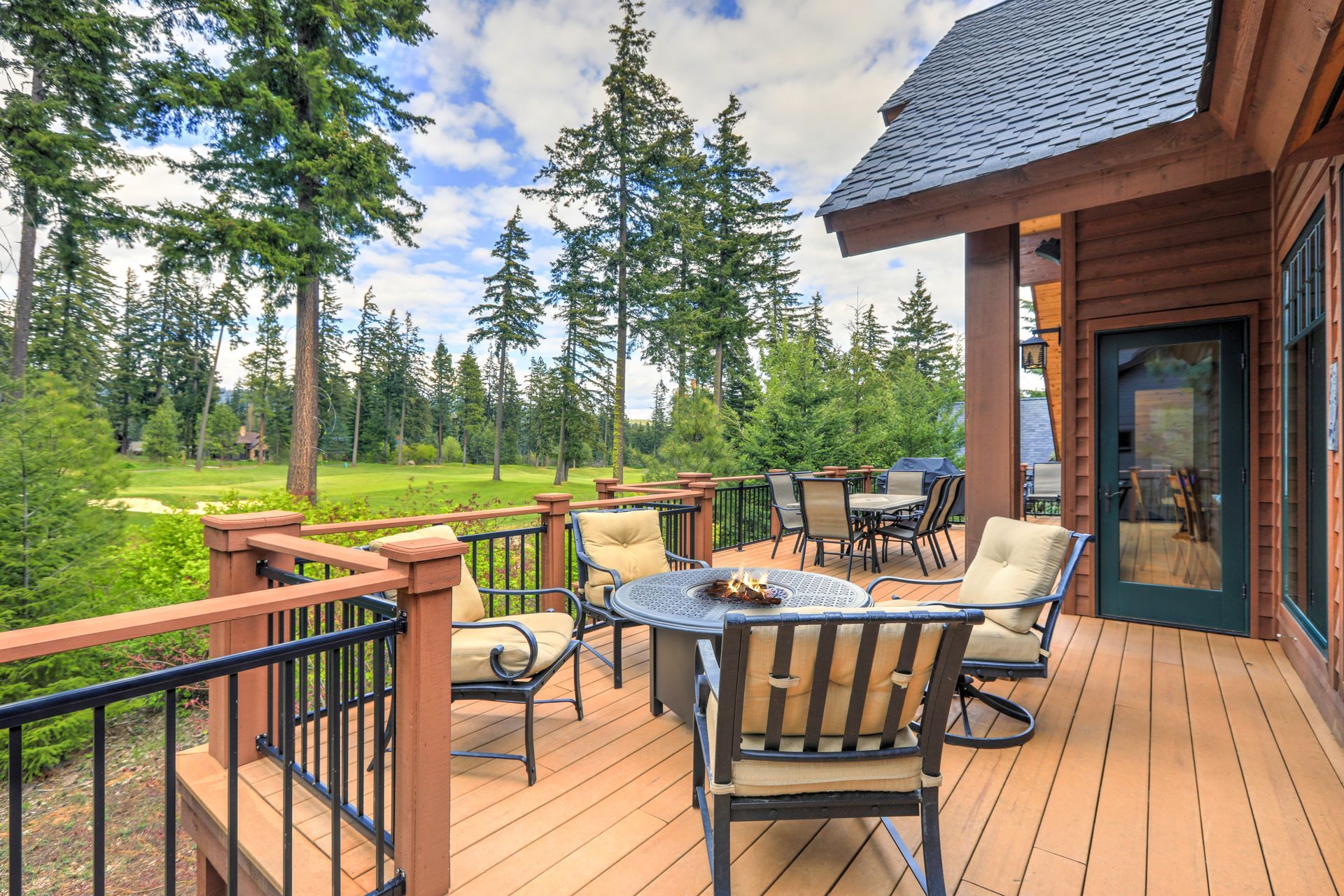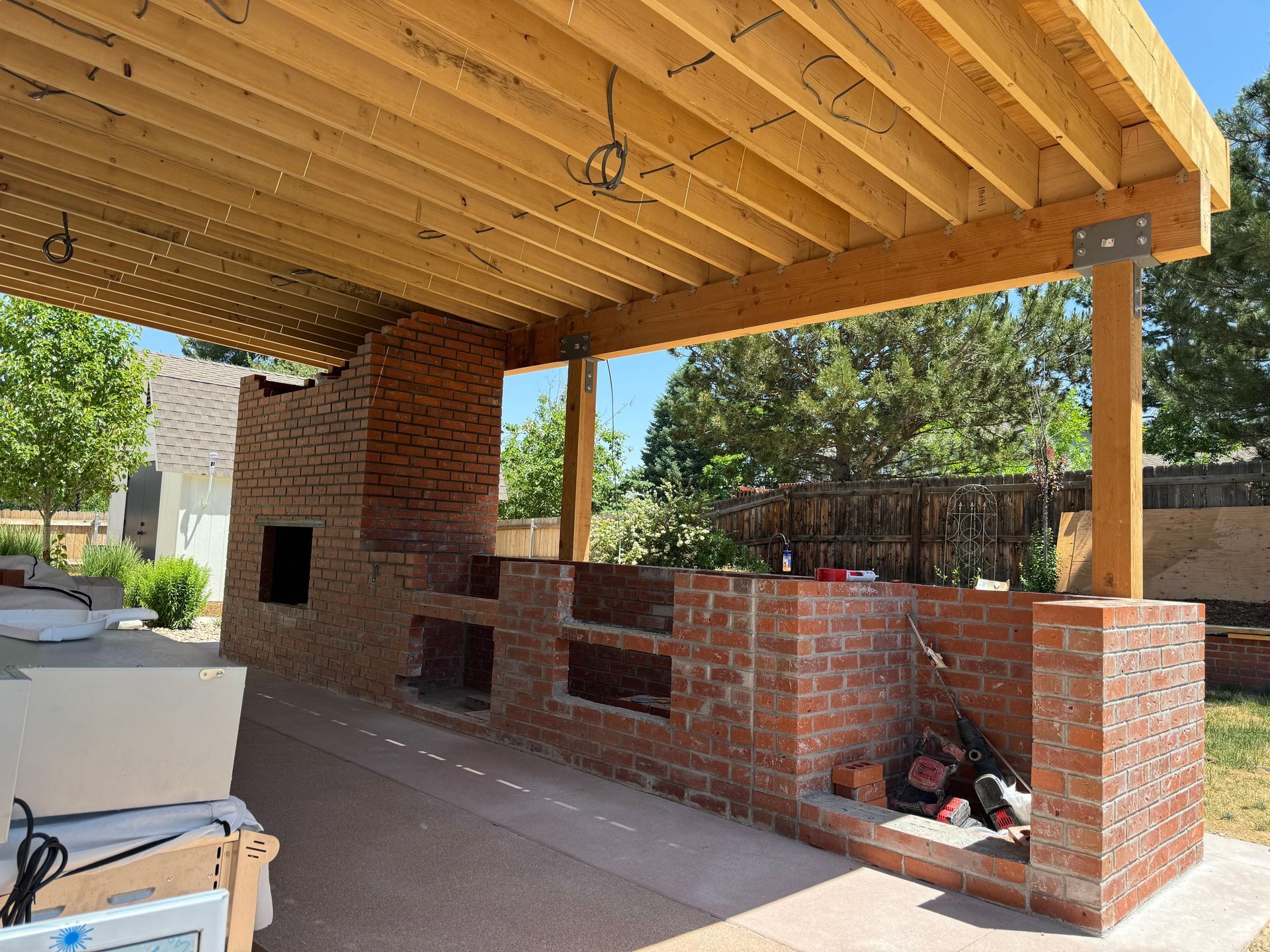Things you need to know BEFORE buying land.
Land…. Dirt… Acreage. The desire to build a home on an undeveloped piece of land can be incredibly enticing. Perhaps you have searched for your ‘dream home’ and came up empty-handed. The idea of building a custom home on YOUR piece of land may seem like a great idea. You’ll have control over the design, architect, builder, and every subsequent design/build decision.
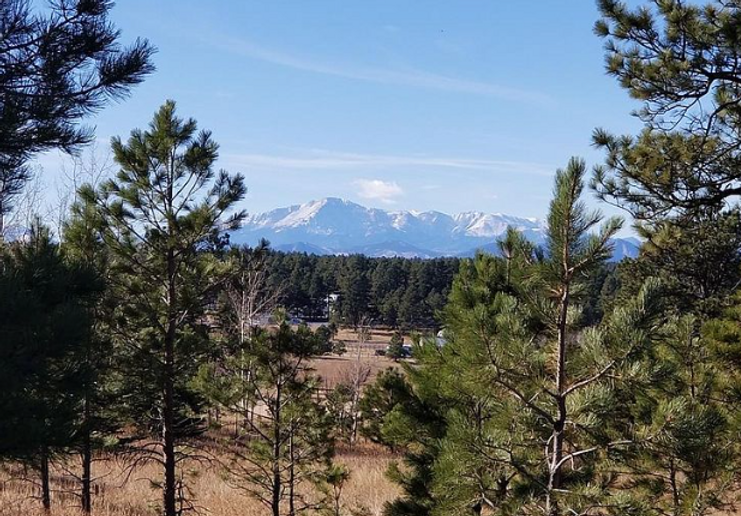
Financing Land loans are considered riskier investments than homes and if you require financing, you may need to put a substantial percentage down on the purchase, and usually at a higher interest rate than a typical home mortgage. Work with a qualified, knowledgable, lender, preferably local to the area. Loan terms can vary widely between lenders on a land purchase, so you may want to talk to a few lenders so you can compare terms and rates. Be sure to ask the lender about the timing of your potential build so you can look at a combined land/construction loan.
Water quality. Be aware of the possibility of groundwater contamination, especially in mountain towns with heritage of mining. While this will likely not be an issue, it would be wise to investigate the possibility.
Soils.
A building permit is generally conditioned on a soils test by a soil engineer. Soil types (including wetland areas), the slope of the building site, and other factors (e.g., areas susceptible to flooding) may require additional design considerations. And there are parcels which may be deemed unbuildable due to the possibility that the underlying concerns can simply not be mitigated. A good soils engineer will be able to weigh in on a possible septic design (if not able to hook into a municipal waste system), drainage issues, possible foundation design, and the potential for additional site remediation.
Survey A new survey is critical when considering a land purchase. A survey may turn up issues that are once again not visible to the naked eye.
HOA Covenants When buying land in a subdivision in which there is a Homeowner’s Association (HOA) it is critical to read through all the governing documents.
Access Make sure the property is accessible. In most cases, a legal parcel in Colorado cannot be denied accessibility, but it may require negotiations of an easement with one more more bordering landowners, or at worst, if the landowner(s) are unwilling, you may need to sue for access.
